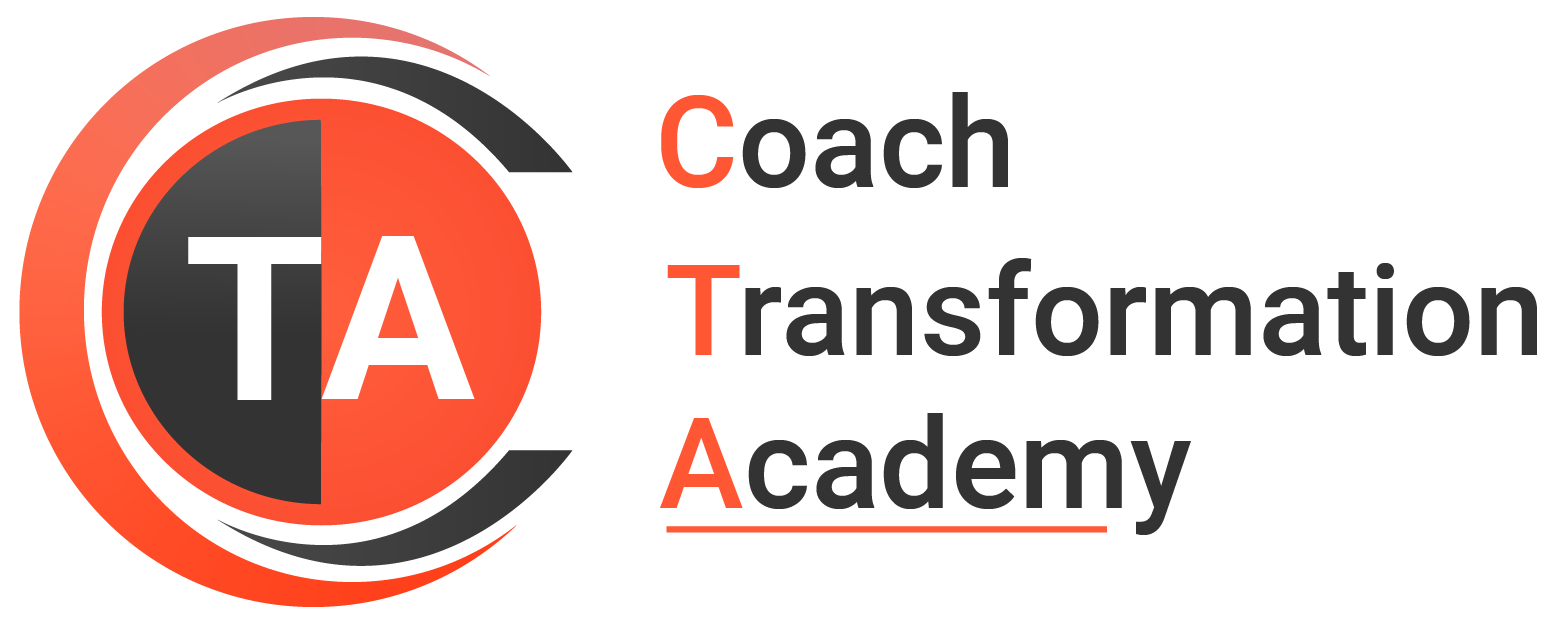A coach embodies ICF core competencies being a certified coaching professional. Coaching competencies determines your skills, solidifying your credibility as a professional coach under the ICF (International Coaching Federation). What are the parameters to judge that? Well, that’s why there are PCC markers. What are they? How are they used? Let’s understand.
What are PCC Markers?
The International Coaching Federation defines PCC markers as the parameters or the determinants that demonstrate the coaching competencies. When you apply for a coaching credential to the ICF, you need to submit a recording along with the transcript of your coaching session. You are required to submit one recording for ACC credential and two recordings for PCC and MCC credentials. These recordings are analyzed and assessed to see if the credentialed aspiring coaching professional displays the core competencies mentioned in the ICF markers.
“PCC markers are the behaviors that represent demonstration of the Core Competencies in a coaching conversation at the Professional Certified Coach (PCC) level.”- ICF.
However, these markers are not checklist and used by ICF Assessors to support the ICF’s performance evaluation process.
What is the Updated PCC Markers List?
Now, with time and the evolution of the coaching industry, the ICF has felt the need to update the PCC markers list from time to time. Here is the updated PCC markers list for aspirants soon to apply for PCC credentials.
Competency 1: Demonstrates Ethical Practice
Familiarity with the ICF Code of Ethics and its application is required for all levels of coaching. Successful PCC candidates will demonstrate coaching that is aligned with the ICF Code of Ethics and will remain consistent in the role of a coach.
Competency 2: Embodies a Coaching Mindset
Embodying a coaching mindset – a mindset that is open, curious, flexible and client-centered – is a process that requires ongoing learning and development, establishing a reflective practice and preparing for sessions. These elements take place over the course of a coach’s professional journey and cannot be fully captured in a single moment in time. However, certain elements of this Competency may be demonstrated within a coaching conversation. These particular behaviors are articulated and assessed through the following PCC Markers: 4.1, 4.3, 4.4, 5.1, 5.2, 5.3, 5.4, 6.1, 6.5, 7.1 and 7.5
As with other Competency areas, a minimum number of these markers will need to be demonstrated to pass the PCC performance evaluation. All elements of this Competency will also be evaluated in the written assessment for ICF Credentials (Coach Knowledge Assessment).
Competency 3: Establishes & Maintains Agreements
3.1: Coach partners with the client to identify or reconfirm what the client wants to accomplish in this session.
3.2: Coach partners with the client to define or reconfirm measure(s) of success for what the client wants to accomplish in this session.
3.3: Coach inquires about or explores what is important or meaningful to the client about what they want to accomplish in this session.
3.4: Coach partners with the client to define what the client believes they need to address to achieve what they want to accomplish in this session.
Competency 4: Cultivates Trust & Safety
4.1: Coach acknowledges and respects the client’s unique talents, insights and work in the coaching process.
4.2: Coach shows support, empathy or concern for the client.
4.3: Coach acknowledges and supports the client’s expression of feelings, perceptions, concerns, beliefs or suggestions.
4.4: Coach partners with the client by inviting the client to respond in any way to the coach’s contributions and accepts the client’s response.
Competency 5: Maintains Presence
5.1: Coach acts in response to the whole person of the client (the who).
5.2: Coach acts in response to what the client wants to accomplish throughout this session (the what).
5.3: Coach partners with the client by supporting the client to choose what happens in this session.
5.4: Coach demonstrates curiosity to learn more about the client.
5.5: Coach allows for silence, pause or reflection.
Competency 6: Listens Actively
6.1: Coach’s questions and observations are customized by using what the coach has learned about who the client is or the client’s situation.
6.2: Coach inquires about or explores the words the client uses.
6.3: Coach inquires about or explores the client’s emotions.
6.4: Coach explores the client’s energy shifts, nonverbal cues or other behaviors.
6.5: Coach inquires about or explores how the client currently perceives themself or their world.
6.6: Coach allows the client to complete speaking without interrupting unless there is a stated coaching purpose to do so.
6.7: Coach succinctly reflects or summarizes what the client communicated to ensure the client’s clarity and understanding.
Competency 7: Evokes Awareness
7.1: Coach asks questions about the client, such as their current way of thinking, feeling, values, needs, wants, beliefs or behavior.
7.2: Coach asks questions to help the client explore beyond the client’s current thinking or feeling to new or expanded ways of thinking or feeling about themself (the who).
7.3: Coach asks questions to help the client explore beyond the client’s current thinking or feeling to new or expanded ways of thinking or feeling about their situation (the what).
7.4: Coach asks questions to help the client explore beyond current thinking, feeling or behaving toward the outcome the client desires.
7.5: Coach shares—with no attachment—observations, intuitions, comments, thoughts or feelings, and invites the client’s exploration through verbal or tonal invitation.
7.6: Coach asks clear, direct, primarily open-ended questions, one at a time, at a pace that allows for thinking, feeling or reflection by the client.
7.7: Coach uses language that is generally clear and concise.
7.8: Coach allows the client to do most of the talking.
Competency 8: Facilitates Client Growth
8.1: Coach invites or allows the client to explore progress toward what the client wanted to accomplish in this session.
8.2: Coach invites the client to state or explore the client’s learning in this session about themself (the who).
8.3: Coach invites the client to state or explore the client’s learning in this session about their situation (the what).
8.4: Coach invites the client to consider how they will use new learning from this coaching session.
8.5: Coach partners with the client to design post-session thinking, reflection or action.
8.6: Coach partners with the client to consider how to move forward, including resources, support or potential barriers.
8.7: Coach partners with the client to design the best methods of accountability for themself.
8.8: Coach celebrates the client’s progress and learning.
8.9: Coach partners with the client on how they want to complete this session.
Conclusion
Though ICF released these updated PCC Markers, they are yet to go into effect. To this date, there’s no formal news on using updated PCC Markers on the ICF website. Till then, ICF continues to use the current markers. You can read more interesting blogs on coaching here.







